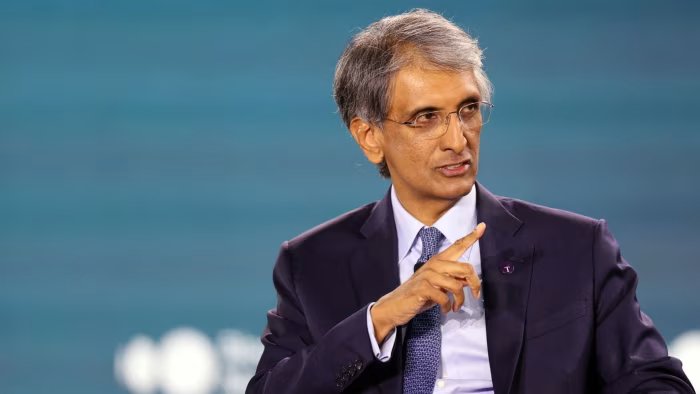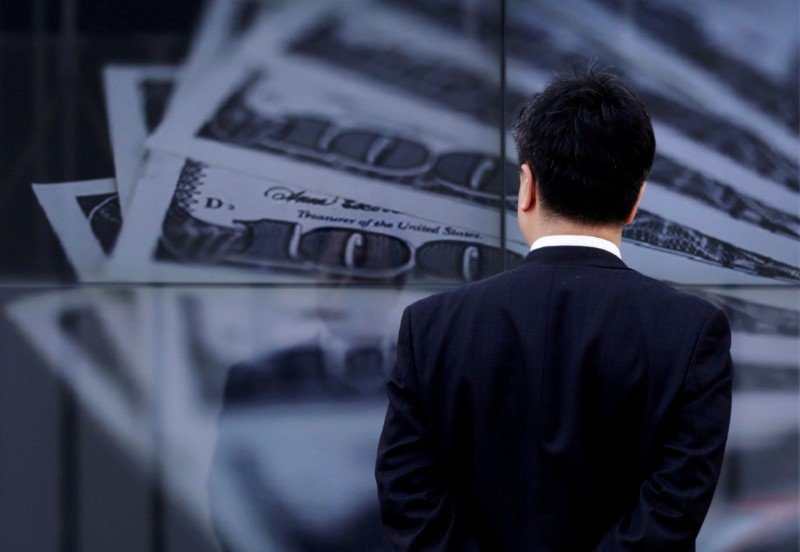Unlock the Editor’s Digest for free
Roula Khalaf, Editor of the FT, selects her favourite stories in this weekly newsletter.
The chief executive of Singapore state-owned investor Temasek has warned that the weakness of the US dollar is making American assets less attractive for international investors.
Dilhan Pillay said that Temasek, which manages S$434bn ($333bn) globally, had increased its dollar hedging this year in response to the greenback’s fall compared with other currencies. But he warned the cost was becoming prohibitively expensive.
“The Chinese are hedging, the Europeans are hedging . . . it’s come to a point now where the cost of my hedge is becoming too much, that I have to therefore think about a natural hedge,” said Pillay, speaking at a Bloomberg event in Singapore on Wednesday.
“What’s a natural hedge? It means I’ve got to be looking for things that give me on a net basis the return I expect for the risk associated. So some US dollar-denominated assets will not give me a net return that would justify my allocation of capital there.”
The US dollar fell sharply earlier in the year compared with other currencies — including the pound, euro and Singapore dollar — in response to President Donald Trump’s package of import tariffs on global trade partners. Since then, it has pared some of its losses.
Temasek was launched 51 years ago by Singapore with the mandate of managing the government’s stakes in domestic companies. Among Temasek’s biggest holdings are US companies Amazon, BlackRock, Mastercard, Nvidia and Visa.
The investor has 24 per cent of its portfolio exposed to the Americas — up from 18 per cent in 2020 — according to its most recent annual report released in July. Meanwhile, 37 per cent of its portfolio is exposed to US dollars, up from 31 per cent five years ago.
“Weakness of the US dollar to a non-US dollar denominated investor is a big issue,” Pillay said. “And that, I think, will have an impact in the capital markets.”
Global investors have responded to the volatility in the US dollar by hedging their exposure, resulting in higher costs.
The increase in hedging activity has helped fuel some of the sell-off in the dollar, according to analysts.
Many foreign investors have been prepared to take the hit on rising hedging costs because they want to maintain their exposure to artificial intelligence stocks, even as there are rising concerns over the high valuations of companies in the sector.
“I tend to agree that if you look at public markets, there are risks there for sure,” Pillay said. “We can call it a valuation bubble.”






